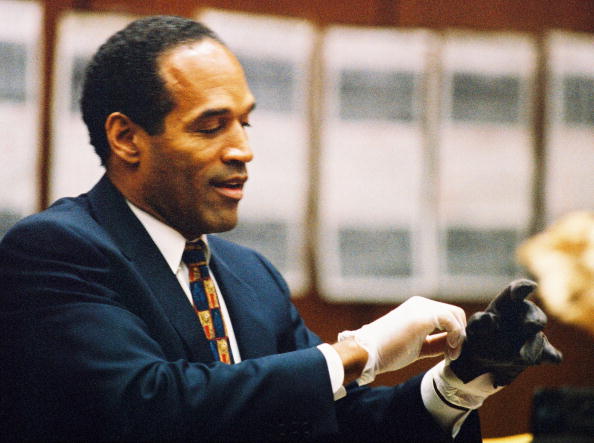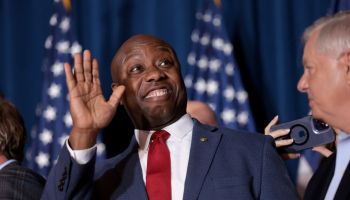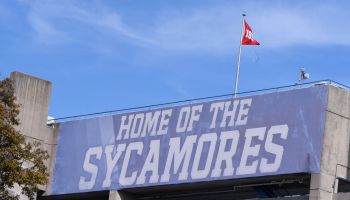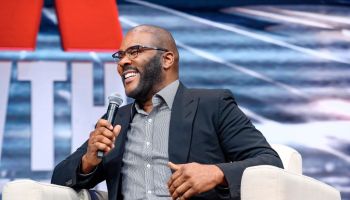South Africans lined up before sunrise Wednesday to vote in an election energized by the hugely popular Jacob Zuma, who has overcome scandals and helped generate an excitement not seen since the country’s first multiracial vote in 1994.
Zuma, one of the African National Congress party’s most popular leaders ever, is now poised to become president. The poor black majority connects with his deprived background and he also has promised to speed up delivery of jobs, houses, schools and clinics.
The ANC was expecting an overwhelming victory in the parliamentary election. The emergence of a party that broke away from the ANC, while not expected to be a formidable challenger, did force the ANC to campaign more aggressively.
Some speculate the ANC may have trouble reaching a two-thirds majority. Without it, the party will not be able to enact major budgetary and legislation unchallenged, or change the constitution. The ANC won 69.9 percent of the vote in the 2004 vote and Zuma said Tuesday he expected an overwhelming majority again.
Parliament elects South Africa’s president, putting Zuma in line for the post when the new assembly votes in May after he survived corruption and sex scandals that once threatened to derail his political career.
“Never did I think as I was growing up here that one day I would cast my vote here as I am doing,” he told reporters in the rural Zulu heartland of eastern South Africa where he voted Wednesday. “It must be great, feeling the difference from the olden days to where we are today, when we can decide our own fate.”
The 67-year-old former ANC guerrilla, who was imprisoned for 10 years on Robben Island alongside Nelson Mandela and other heroes of the anti-apartheid struggle, was greeted by about 100 supporters. They cheered and broke into his signature song from the anti-apartheid era, “Umshini Wami,” which means “Bring Me My Machine Gun.”
In Johannesburg, crowds also cheered and sang for Mandela as the anti-apartheid icon cast his vote. People had waited after voting themselves at Mandela’s station, and others came from elsewhere in town just to see him. Mandela, frail at 90, smiled broadly but did not speak.
The ANC sees Zuma as its first leader to energize voters since Mandela became South Africa’s first black president in 1994. Mandela appeared Sunday alongside Zuma at his final campaign rally.
In the early afternoon, chief elections official Brigalia Bam reported that, overall, voting was progressing well all across South Africa’s nine provinces. A record number of people — more than 23 million — have registered to vote and election officials were expecting a turnout of about 80 percent.
Samuel Kekana, a 46-year-old security guard who was among the early risers lining up to vote in Soweto, said he was voting for the ANC, crediting it with building schools and houses and improving education since first taking power in 1994. Kekana said he had voted in that election and every one since.
“This is an opportunity for us to make our mark,” he said. “I didn’t want to miss this.”
The opposition has tried to paint the populist Zuma as corrupt and antidemocratic.
Retired Cape Town Archbishop Desmond Tutu, who won a Nobel Peace Prize for his anti-apartheid campaign and has dedicated himself since to building democracy in South Africa, has questioned whether Zuma is fit to govern. On Wednesday, casting his ballot in Cape Town, Tutu would not say which party he favored.
“I feel good but it isn’t like the previous elections. That is true of so many people who are having to ask questions,” Tutu said. “It’s good for democracy. People are not voting cattle. People have to make decisions and some decisions go against the inclinations.”
The governing party has been accused of moving too slowly over the last 15 years to improve the lives of South Africa’s black majority. During this campaign, the ANC has stressed its commitment to creating jobs and a stronger social safety net for this nation of nearly 50 million, which is plagued by poverty, unemployment and an AIDS epidemic.
There have been concerns that Zuma’s alliance with the Communists and the trade unions will make him veer from the market-friendly monetary policies of Mandela’s successor as president, Thabo Mbeki.
Mbeki was forced to step down last year as South Africa’s president after he was defeated by Zuma in a bitter power struggle for the ANC leadership. Kgalema Motlanthe was appointed president of a caretaker government until the election.
Mbeki supporters broke away to form their own party late last year, the Congress of the People, which was initially seen as a strong challenger to the ANC. But it has had little time to prepare and its early promise has fizzled because of internal bickering. That party will be competing with the main opposition, the Democratic Alliance, for second place.
Zuma was fired by Mbeki as deputy president in 2005 after he was implicated in an arms deal bribery scandal. After a series of protracted legal battles, prosecutors dropped all charges against him earlier this month, saying the case had been manipulated for political reasons and the criminal charges would never be revived. But they said they still believed they had a strong case against Zuma.
In 2006, Zuma was acquitted of raping an HIV-positive family friend. But he has been ridiculed for his testimony during the trial that he believed showering after the encounter, which he said was consensual, would protect him from AIDS.
“You’d have to be blind not to question his morality,” said Genius Mnywabe, 32, an advertising account manager in Cape Town. But Mnywabe also credited the ANC with managing South
















